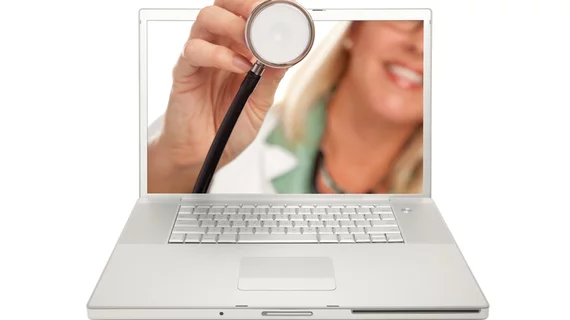Pandemic has opened doors for telehealth, but security concerns could narrow the space
More than half of Americans, 54%, have seen doctors remotely during the COVID crisis. However, some 48% might not touch telehealth again if their data were to get hacked during a telehealth-related breach.
And that’s despite overall high confidence in the technology: Absent such a negative event, nearly three-quarters of the crowd, 73%, plan to continue using telehealth after the pandemic subsides.
The findings are from 5,005 individuals who responded to a survey conducted by the cybersecurity firm CynergisTek.
The project also found:
- 79% of male respondents who have used a telehealth solution during the COVID-19 pandemic say they’ll continue using them post-COVID, compared to 67% of females.
- 81% of Millennials and 79% of Gen Xers say they’re likely to continue using telehealth long-term.
- 41% of Baby Boomers and 59% of their parents in the Silent Generation say they wouldn’t consider using a telehealth solution for any of several procedure types described in the survey.
In a press release sent by CynergisTek, Russell Branzell, president and CEO of the College of Healthcare Information Management Executives, says the findings show how the pandemic pushed many consumers into accepting telehealth “almost overnight.”
Security risks inherent to digital health bring risks along with the opportunities suggested by the survey, Branzell adds, noting that the risks are manageable.
“It is important for healthcare providers to take data privacy and security seriously in order to ensure that digital health platforms like telehealth remain an essential part of the future of patient care,” Branzell says.
Click here for more about and from the survey.

